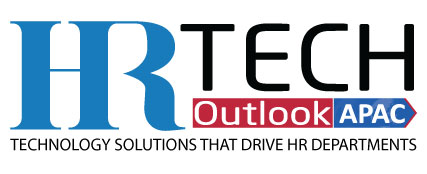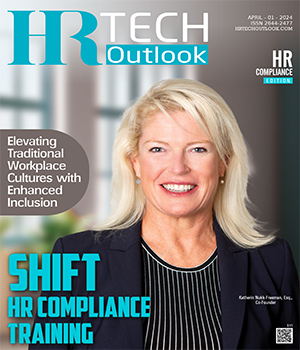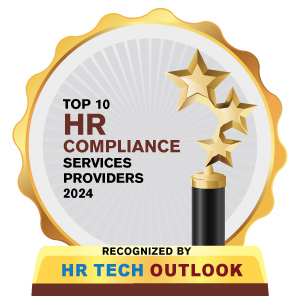In the dynamic landscape of human resources (HR) compliance, staying abreast of the latest trends and regulations is not just a best practice— it’s a business imperative. As we delve deeper into 2024, several key developments have emerged, reshaping the compliance landscape and demanding proactive measures from organizations worldwide.
Heightened societal awareness has propelled DEI initiatives to the forefront of organizational priorities. Regulatory bodies are increasingly scrutinizing diversity practices, demanding transparency and accountability from businesses. HR professionals are tasked with implementing inclusive hiring practices, conducting diversity training, and fostering a culture of belonging. Compliance extends beyond legal mandates to encompass ethical imperatives, requiring organizations to embed DEI principles into their core values.
With the proliferation of data breaches and heightened concerns over consumer privacy, regulatory bodies have intensified their focus on data protection. The General Data Protection Regulation (GDPR), California Consumer Privacy Act (CCPA), and emerging frameworks impose stringent requirements on data handling and transparency. HR departments must ensure compliance with data privacy regulations throughout the employee lifecycle, from recruitment to offboarding, safeguarding sensitive employee data against unauthorized access or misuse.
The ongoing pandemic has underscored the importance of workplace safety and health protocols. Regulatory agencies have issued guidelines to mitigate COVID-19 transmission in the workplace, mandating measures such as mask mandates, social distancing, and vaccination policies. HR professionals play a pivotal role in implementing and enforcing these guidelines, prioritizing employee well-being while maintaining regulatory compliance.
The HR compliance landscape is continually evolving, driven by shifting regulatory frameworks, societal trends, and technological advancements. To navigate this complex terrain successfully, organizations must prioritize compliance as a strategic imperative, investing in robust policies, training programs, and technological solutions. By embracing a proactive approach to HR compliance, businesses can mitigate risks, uphold ethical standards, and cultivate a culture of trust and accountability, laying the foundation for sustainable growth and success in the 21st century workforce.

















